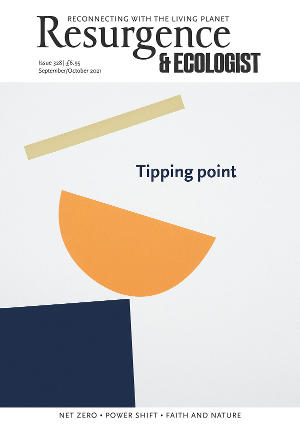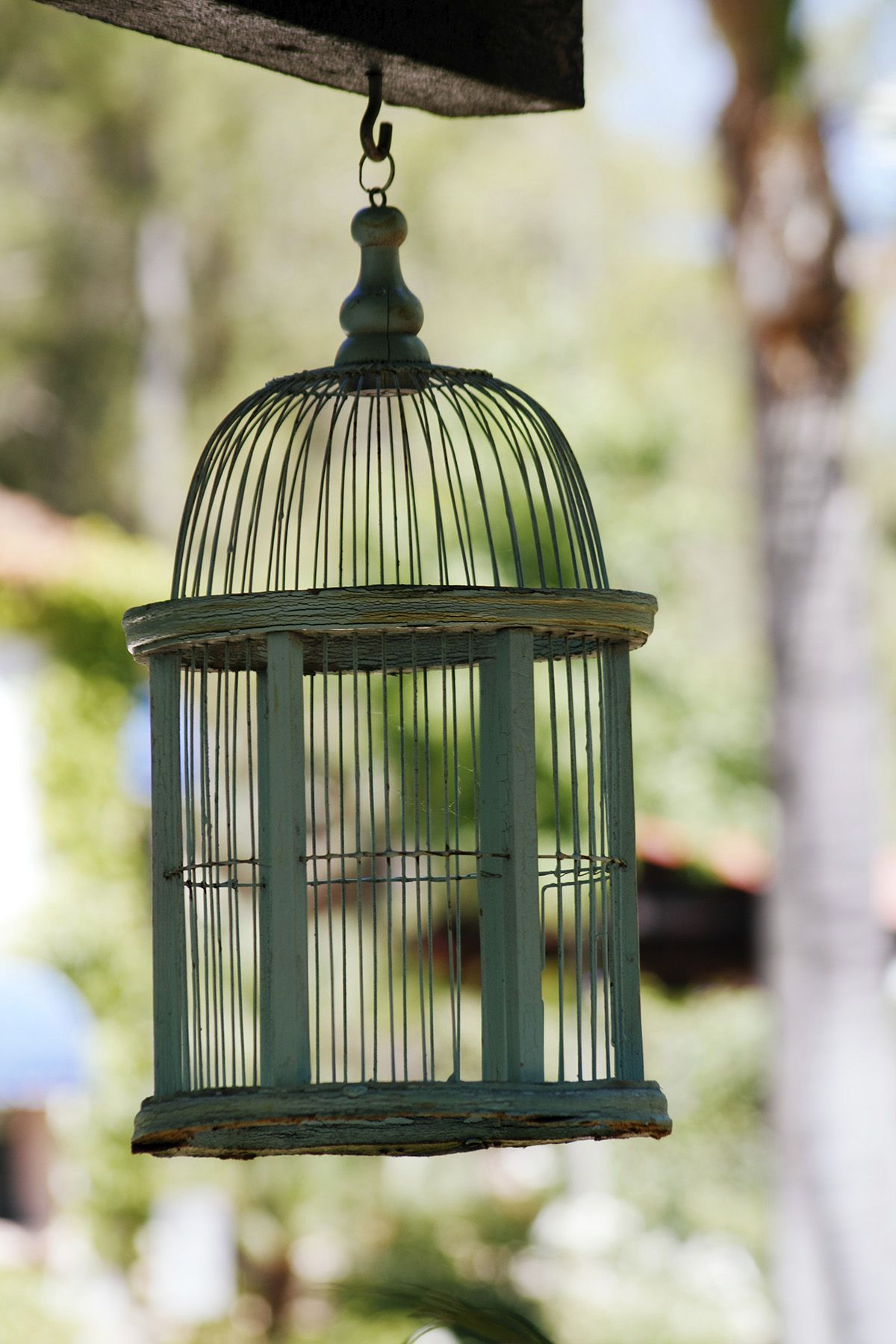In pre-pandemic times, taking a walk through Hanoi’s Old Quarter would often be accompanied by the sound of birdsong – emanating not from the trees, but from cages hung outside shop fronts and the entrances to people’s homes. The collection of songbirds for use as pets and in competitions is a deeply rooted tradition in Vietnam, and it provides livelihoods to many, from cage carvers to bird-food vendors. Bird-keeping is also a social activity, with owners meeting up to show off their birds. As the sound of caged birds rings out louder, however, the country’s forests are growing eerily quiet. While some birds are being taken from the wild illegally, very few species are protected by law. To curb demand for this trade, wildlife monitoring network TRAFFIC’s team in Vietnam focused on the spiritual angle and the ethics of bird-keeping as a way to change people’s behaviour. Buddhism is the largest religion in Vietnam, and many people – including songbird owners – attend dharma talks to hear spiritual leaders share their wisdom on matters of Buddhist philosophy. TRAFFIC teamed up with Venerable Thích Thanh Huân, Abbot of Phap Van Pagoda, who shared his views on the ethics of keeping songbirds in 12 dharma talks. He spoke to Resurgence & Ecologist via email.
R&E: Can you explain how keeping songbirds in cages is not compatible with Buddhist spiritual philosophy?
VTTH: A cage keeps a bird from being free. No matter how beautiful the cage is or how good the food you feed the bird, it can never compare with the life they have in their natural habitat unless the bird has lost their ability to feed themselves and needs support from a human.
Compassion is vital to Buddhism. A Buddhist must be a friend to humans, animals, trees and other living things. Keeping birds in cages for a hobby is an act of greed and selfishness.
People feel trapped and distressed after only weeks of lockdown due to Covid-19. Imagine how a bird would feel to be caged for its whole life. Keeping birds in cages causes them long-lasting misery, which is more cruel than letting them die.
For many years, I have encouraged people not to hunt, kill or keep birds as pets. Our pagoda even goes against merit-release [buying animals to release back into the wild to improve positive karma] because if demand does not exist, the animals should not have been caught in the first place. Our pagoda also does not allow having exotic pets for display/sightseeing. They are not an act of compassion.
R&E: How does confining birds in cages create bad karma?
VTTH: Buddhism shows people the value of acting morally towards all sentient beings based on the law of cause and effect. Buddhism asks individuals to place themselves in another’s shoes to achieve greater understanding, helping them avoid causing sadness and misery to others.
For example, caging a bird leads to the loss of a family – the father or mother bird can’t ever return to their nest, and their babies starve to death. Buddhist thought considers this an act that causes death to others, which is the greatest wrong that a human can commit. If the bird is caught when they are small, they will live their entire life in a cage; they will never grow compared to those who live in the wild.
Good acts alleviate one’s misery and the misery of others. Any action by an individual – regardless of what it is – creates a cause, followed by an effect. When humans cause misery to others, the effect of this action will return to the human. Regardless of what form it is in, it will cause them misery. This is why humans experience physical and mental sufferings. They are all part of the cause and effect cycle. Having an in-depth understanding of the law of cause and effect helps humans act in better ways to avoid bad karma for themselves.
If you love birds, you should let them live wild and free. Providing homes for birds and other animals by growing trees is one way to avoid bad karma. There are many trees in our pagoda; thus we have seen many birds coming and singing.
R&E: Across the world, many are worried about disconnection with Nature, and the problem of viewing other living beings as commodities to buy and sell. Would you say this is also a problem in Vietnam, and if so, what can be done about it?
VTTH: In Vietnam, and many other countries worldwide, products derived from animals are said to have benefits for humans, such as improving health and enhancing status. It is why elephants are killed for their ivory, rhinos are killed for their horn, tiger bones are taken to make glue, etc. However, more and more actions are being undertaken by governments and conservation organisations to combat illegal and unsustainable trade in wildlife. We can not expect such trade to end wholly and immediately. We need to be consistent in our actions. If we ever stop, the poaching rate will rise, given its huge profit.
We need to be in it together. Alongside conservation organisations, religious organisations also need to contribute and raise their voice. For an individual, it is your own responsibility and morality to act and share useful information with others.








